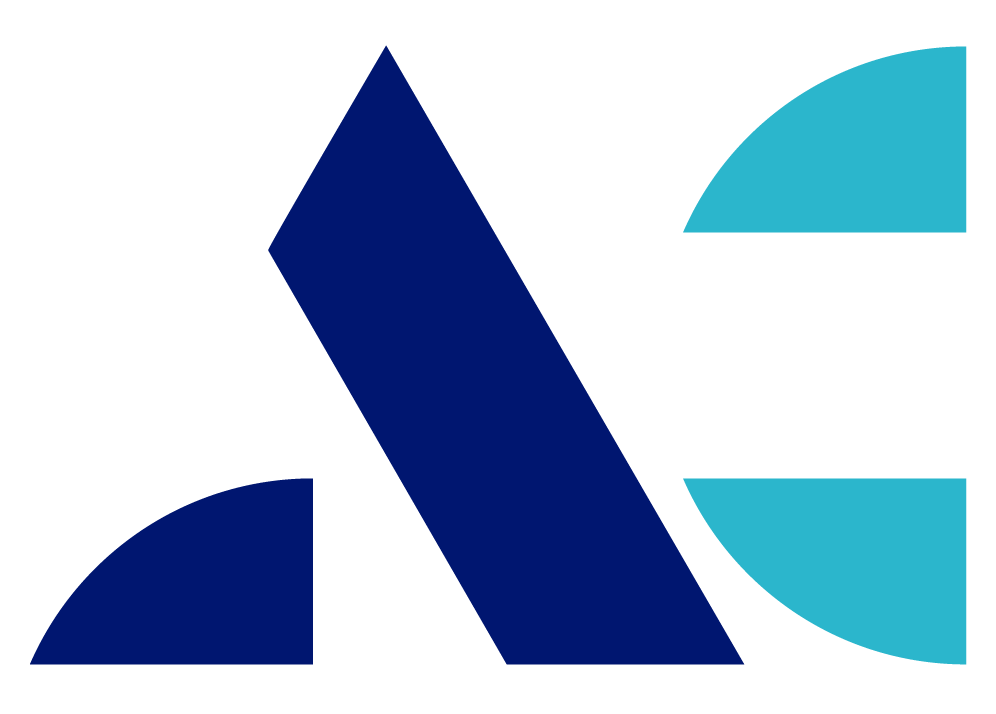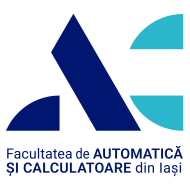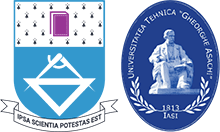The Master’s degree program in Machine Learning, Robotics and Control (MLRC) – conducted in English – is aimed at graduates of bachelor’s degree programs who possess basic knowledge of automatic control and wish to deepen their understanding in research areas that focus on:
- fundamental concepts of machine learning; design and implementation of intelligent systems; modeling of robotic systems;
- techniques based on artificial intelligence for robotic systems; applications in the field of robotics;
- development of algorithms and control structures using programming environments, advanced technologies for controlling intelligent systems in the context of Industry 4.0.
Why Machine Learning, Robotics and Control ?
The refinement of preparation during undergraduate studies can bring, in addition to personal satisfaction, increased chances of employment and the development of a successful career in a field that is highly valued now and in the future.
In this regard, the Department of Automation and Applied Computer Science offers the master’s program in Machine Learning, Robotics and Control, with a curriculum compatible with similar programs in the European Union.
Will I like it? Yes, if…
- I want to acquire new knowledge that will complement what I learned during my undergraduate studies in a related field.
- I intend to be part of research and development groups in a cutting-edge field of technology.
- I wish to use modern methods and techniques of automatic control and to work with state-of-the-art equipment.
- I want to prepare myself to face the competition in the job market.
- I am motivated and interested in building a professional career in a modern field with promising prospects.
Strong Points
- The program offers instruction in English.
- The curricula create competencies in areas such as machine learning, intelligent systems, modeling and control of robots, analysis, modeling and control of complex dynamic systems, and advanced communication systems.
- The classification of the faculty among the top three higher education institutions in the field of “Systems Engineering, Computers, and Information Technology.”
- Collaborations with numerous prestigious European universities, which provide interested students with the opportunity to undertake internships abroad.
- Teaching and research spaces equipped with computing technology and high-performance equipment.
Job opportunities
- Internships at IT companies and European universities (with ERASMUS financial support) for the preparation of the dissertation.
- Job opportunities offered by major companies in the IT field, such as Continental, Vitesco, Amazon, Preh, Borgwarner.
- Job opportunities in research institutes in the country or abroad.
- Continuing university studies through doctoral programs within the faculty or at universities in the country and abroad.
Studied discipline
Year I
Year II
Teaching Series
Curriculum plans 2023-2024 – ongoing series
| Series 2023-2025 |
Acquired skills (listed in the supplement)
Professional skills
- Working with advanced concepts from systems theory and automatic control, computer science, artificial intelligence, robotics, information and communication technology.
- The use of advanced computer-assisted methods for modeling, simulation, analysis, and design of robotic and intelligent control systems.
- The design, implementation, testing, use, and maintenance of systems with general-purpose and dedicated equipment, both digital and analog, of advanced structures in the field of robotic and intelligent control systems.
- The development of complex software applications for the implementation of algorithms and control structures using programming environments, artificial intelligence techniques, and information and communication technology.
Transversal skills
- The application, in the context of complying with legislation, of intellectual property rights (including technology transfer), of the methodology for product certification, and of the principles, norms, and values of the professional code of ethics within one’s own strategy of rigorous, efficient, and responsible work.
- The application of relationship techniques and effective teamwork; the development of empathetic communication skills and the assumption of leadership roles/functions within a multidisciplinary team.
- Creating opportunities for ongoing training and effectively utilizing resources and learning techniques for personal development.
Possible occupations (COR code – Classification of Occupations in Romania)
- System and Computer Design Engineer (215214)
- Research Engineer in Automation (215239)
- Automation Engineer (215202)
- Research Assistant in Automation (215240)
- Research Engineer in Process Equipment (214461)
- System and Computer Design Engineer (215214)
- Software Systems Engineer (251205)
- IT Project Manager (251206)
- Research Engineer in Remote Control and Electronics in Transportation (215233)
- Electromechanical-Maintenance Specialist for Industrial Equipment (215220)


